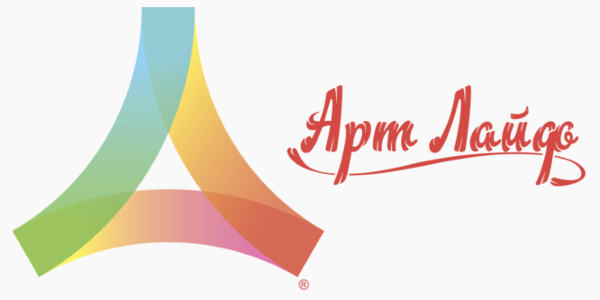5-five of the most common myths about SARS
Cough, runny nose, headache, chills. Sound familiar? Of course, the same familiar. But despite the great personal experience, often people not very clear idea what to do for colds and what not need. Next, we consider the most common .
thea Cold is called hypothermia
That is, if a person does not drink cold drinks, dress warmly and do not qualify for the drafts, colds are not afraid of him, but is it really? Not really. Acute respiratory viral infections are transmitted directly by droplets. Although hypothermia is partly weakens the local immunity of the person, making it for microbes easier targets, but still the main cause of winter colds is not it.
theyou Need to take Immunostimulants, in order not to catch a cold
the majority of widely advertised in the media Immunostimulants, work as a placebo - they just help people believe in his speedy recovery. Clinical evidence of their effectiveness to date does not exist. By the way, serious Immunostimulants without prescription can disrupt the immune balance of the body and as a result, cause very serious injury.
theyou should Never take antibiotics for colds
In fact, antibiotics against viruses did not help, so make them your own does not make sense. But if they have been prescribed by your attending physician immediately after medical examination, no need to rush to blame the doctor in ignorance. He must have every reason to believe that SARS managed to join secondary bacterial infection. In this case, the use of antibiotics helps to avoid various serious complications and are quite justified.
theTo full recovery it is necessary to comply with bed rest
1st days of a cold, it really is better to spend at home in bed. Thus, it will reduce the risk of various complications and will not infect the people around him. But to stay in bed throughout the week there is no need. Physical inactivity over a long period of time leads to slower metabolism and weaker muscles.
theHigh doses of vitamin C can prevent colds
In the middle of the 20th century, it was a full-fledged scientific hypothesis, but experimental evidence for this idea is never found. But modern researches have proved that consumption of high doses of vitamin C on the duration and severity of colds does not affect. But to cause irritation of the gastrointestinal mucosa, aggravation of urolithic illness and even acute pancreatitis is excessive consumption of ascorbic acid may very well.
Translated by "Yandex.Translate": translate.yandex.ru.

